Sri Lanka scraps military training for teachers, students
New government vows to reduce role of military in Sri Lankan society
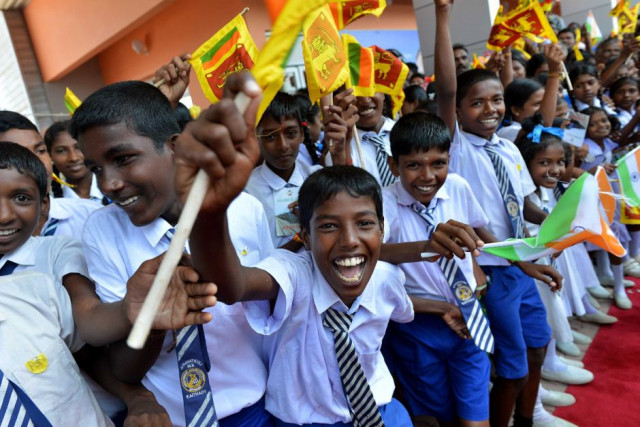
Sri Lankan school children cheer as they welcome Sri Lankan president Mahinda Rajapakse to the rebuilt Jaffna railway station in October 2014. PHOTO: AFP
The three-week army training, mandatory under ousted leader Mahinda Rajapakse's administration, had resulted in at least three deaths in recent years and was deeply unpopular among student and teacher unions.
The new government that came to power following the January 8 presidential election, won by Maithripala Sirisena, has vowed to reduce the role of the military in Sri Lankan society.
Education Minister Akila Viraj Kariyawasam said the government had "concluded that military training is not necessary for school teachers".
The government has decided to remove the military ranks given to school principals, the minister told reporters.
Sri Lanka's security forces wielded huge influence in civil society after they crushed Tamil rebels in May 2009 and declared an end to decades of ethnic conflict that had claimed 100,000 lives between 1972 and 2009.
After the war ended, the military was deployed to run even the country's main performing arts centre, while army officers replaced civil servants at key institutions.
The previous government also used the military in retail trade, including the sale of vegetables and fish and in the operation of hotels, travel companies and even barber saloons.
Former president Rajapakse and his immediate family members, including his retired colonel brother Gotabhaya Rajapakse who was the then defence secretary, face allegations of abuse of power and huge corruption.
Gotabhaya Rajapakse has been accused of killing dissidents, including a prominent editor of a publication that was highly critical of the then ruling family.

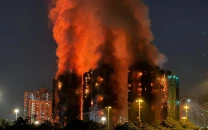
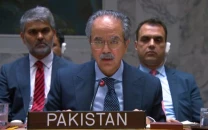
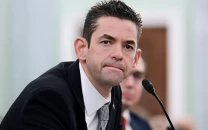
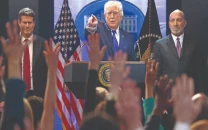














COMMENTS
Comments are moderated and generally will be posted if they are on-topic and not abusive.
For more information, please see our Comments FAQ